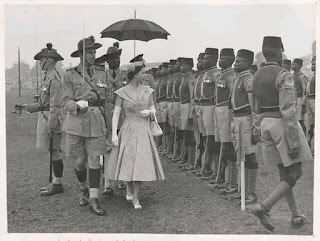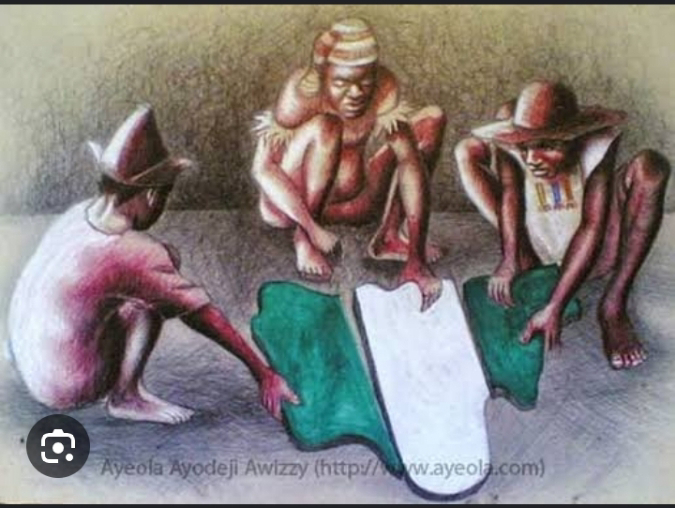Part 2: British Conquest In Northern Nigeria And The Resistance By Hausa States
Contact between West Africans and Western Europeans dates back to the 9th century, but it went as far as the 19th century before Europeans finally started penetrating Africa, before this Europeans were mainly involved in slave trade with Africans.
The British first invasion in Northern Nigeria kicked off in the Nupe Emirates which was the base of the Royal Niger Company which belong to the British. The English colonized kingdoms in Southern and Eastern Nigeria but none in Northern Nigeria this led Frederick lugard to pronounce Ida Kogi state as the first British protectorate in Northern Nigeria. With that done Lugard was now concerned with how to conquer the region, the perfect opportunity came when The French invaded the shores of Nupe, the British used it's army to help drive out the French invaders with that they had the opportunity to set up military camps in Nupe, going against the agreement made with the Emir of Nupe.
The Emir realizing foul play decided to withdraw all his men from the Royal Niger Company in order to start preparing for war. He set up an impressive 10,000 foot soldiers armed with Dane guns and bows. The British were better with machinery and equipments such as, 3 Non-commissioned officers, 323 soldiers, 3 maxim guns and 47mm guns. The Nupe soldiers could not contain this firepower and in 1897 they capitulated and the British won their first battle in Northern Nigeria.
The victory followed up with expositions to Kano one of the top states in Hausa heirachy, who set up the strongest resistance to British infiltration.
The Kano Emirates built fortified walls around the city, with an army of 800 hundred cavalry and 500 hundred foot soldiers they succeeded in holding of the British who vainly attacked the Kano main gate but could not penetrate even with their firepower. Giving up the British finally decided to attack the western gate which could not hold of the British and soon Kano fell.
With the fall of Kano the capital in Sokoto was the only strong contention the British had to deal with. The capital didn't put up much resistance due to lack of preparation and the British succeeded in taking over with considerably less effort as in the battle in Kano. The Emirates of Bauchi, Gombe and Zaria could also not muster much resistance and in the year 1903 after a six year conquest the British had successfully taken over Northern Nigeria. In 1914 Lord Frederick lugard amalgamated the North and the south and the country Nigeria was born, this was immediately followed up by a decades of colonial rule.



Comments
Post a Comment